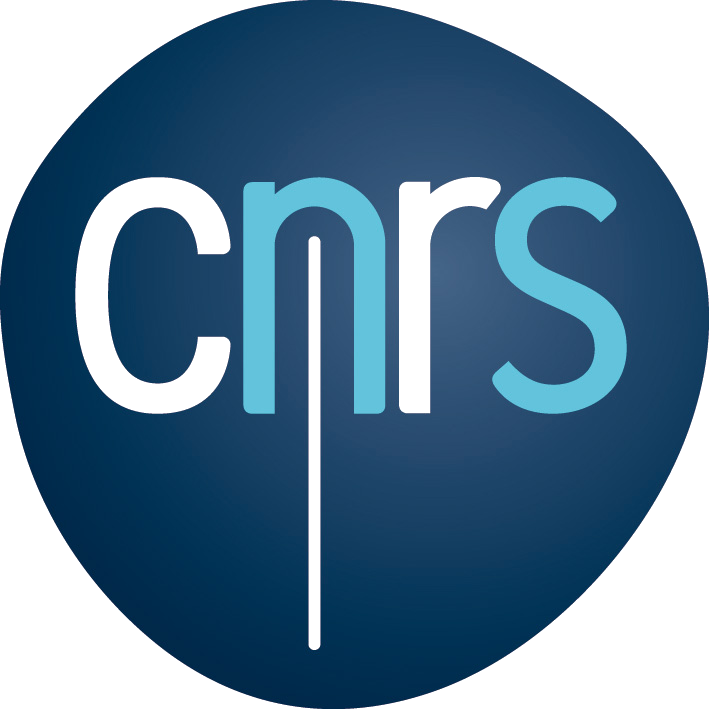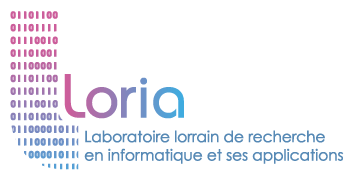The 5th edition of the Oriental Language Recognition (OLR) challenge has praised the reliability and stability of an automatic language recognition system developed by Multispeech. Raphaël Duroselle, doctoral student, looks back at the stakes and the tasks of this international challenge which honoured the dynamism of the team’s researchers.
A new challenge for the team
Stimulating the development of Oriental Language Recognition technology is the objective of the OLR challenge (Oriental Language Recognition Challenge), which had its fifth edition in 2020; the results have been presented at the end of the year through a virtual workshop. Four members of Multispeech participated in this challenge: Raphaël Duroselle (PhD student), Md Sahidullah (Starting Research Position), Irina Illina (Associate Professor) and Denis Jouvet (Team Leader).
As part of his PhD thesis, Raphaël Duroselle has been working since 2018 within Multispeech on domain adaptation for language identification. “This involves improving the performance and robustness of an automatic system that has to recognize a language from an audio recording. This type of technology can be used in particular on telephone platforms, and the tasks of the OLR challenge correspond to such an application“, he explains.
Three tasks to test the language recognition system
In the first task of the OLR challenge, the system had to identify, on an unknown transmission channel (radio, telephone line, etc.), a language among a closed set of six languages (Cantonese, Mandarin, Japanese, Russian, Indonesian and Vietnamese). “Before the challenge, we had worked on the transmission channel robustness of our system, but only for a set of known transmission channels,” explains Raphaël Duroselle. “To answer this first task satisfactorily, we merged five subsystems, which allowed us to combine new and more traditional approaches.” In the second task, the system had to identify dialects among an open set, in which three non-target languages, i.e. unknown to the system, were added to three target dialects. Finally, in the third task, the system had to identify the language from noisy data, among five target languages. This test corresponds to situations where the signal transmitted by the channel is not of good quality (crackling, noise, voice of a second speaker in the background, etc.).
Multispeech participated in the first and third tasks of the challenge, and the submitted system was ranked first for both tasks, among about 20 candidates who submitted a system. “Participating in these tasks allowed us to test the reliability and stability of our system in a different way, and to use additional data for performance evaluation,” says Raphaël Duroselle. These awards also testify to the scientific excellence of the Multispeech team, which regularly co-organises international challenges such as the VoicePrivacy Challenge, launched in 2020. Participating in such challenges reinforces the team’s dynamism and its international visibility.
Read also
VoicePrivacy, international challenge on voice data protection
Read more
Official website of the OLR challenge





